This article is co-authored by three people: Karishma Bhagani, Adam Ashraf Elsayigh, and Taiwo Afolabi. Each person identifies themselves when speaking from their first-person perspective.
Georgetown University’s Laboratory for Global Performance and Politics brings together artists, thought leaders, activists, and policy makers from around the world who harness the power of performance to humanize global politics. Part of the Lab’s diverse programming is an eighteen-month-long fellowship program that gathers ten emerging artists who work at the intersection of performance and politics. The aim is to foster intercultural artistic and dialogue exchange and bridge ideological divides.
The second cohort of the Lab—which we are a part of—is composed of people from a variety of professional backgrounds, including cultural policy workers, academics, and practitioners such as playwrights, directors, and actors, and included fellows from Russia, Mexico, Egypt, Kenya, Vietnam, and beyond. Our fellowship was scheduled from January 2020 to June 2021, but it has now been extended to accommodate for the time we lost out on due to the virus. Since the beginning, we’ve been holding monthly meetings through Zoom to discuss different subjects that are relevant to our experiences and our artistic and professional trajectories across geographies; each month, a different one of us will lead. The discussions and conversations were then meant to be further deepened and nuanced in our two in-person convenings, the first at La MaMa Umbria in June 2020 and the second at the Gathering at Georgetown in May 2021. The monthly virtual meetings also allowed us to form a community and share our unique perspectives before meeting in person.
Because the fellowship does not have specific goals, we were able to collectively select subjects that we identified as relevant to our artistic trajectories across our different locations.
Adam: When I was first offered the opportunity to be part of the second cohort of the fellowship, I remember being most excited to meet other artists from all over the world. As our cohort met each month over Zoom, we looked forward with increasing anticipation to our first in-person convening at La MaMa Umbria. Of course, as this year unfolded the way it did, it became clear early in the spring that our convening would have to be replaced with a virtual one.
We began to organize. For this weeklong summit, we decided that all ten of us would convene online for ninety minutes each day, and two of us would lead each session on a subject of our choosing that we believed would be relevant to the cohort. These subjects ranged from ensemble-building exercises to ethics in performance-making, from “global” pedagogies to nomadic artistic practices. Because the fellowship does not have specific goals, we were able to collectively select subjects that we identified as relevant to our artistic trajectories across our different locations. The convening, with a new theme or subject each day, provided a space for us to share personal and professional challenges and to create a cohesive common vocabulary and understanding of them. As a result, we were able to brainstorm solutions for these problems.

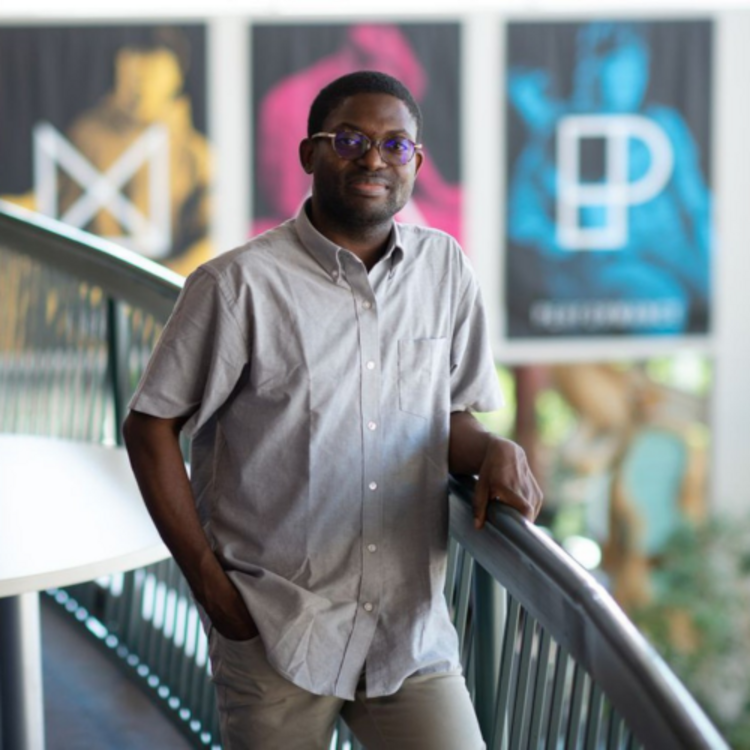
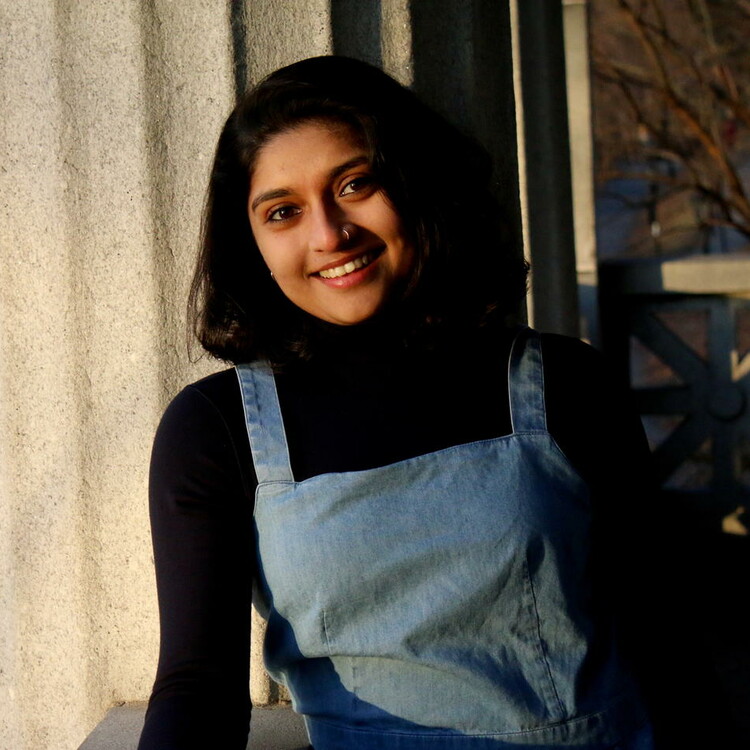
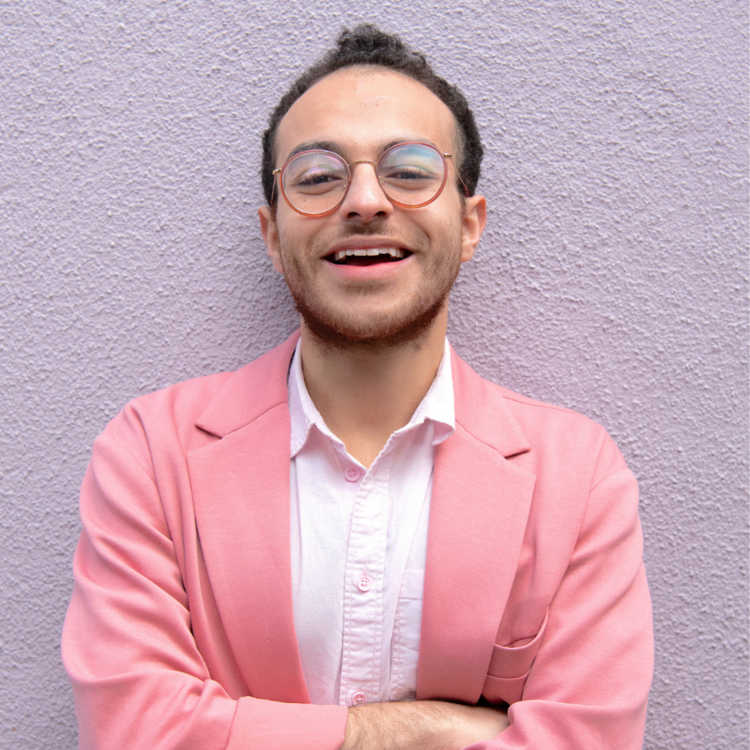
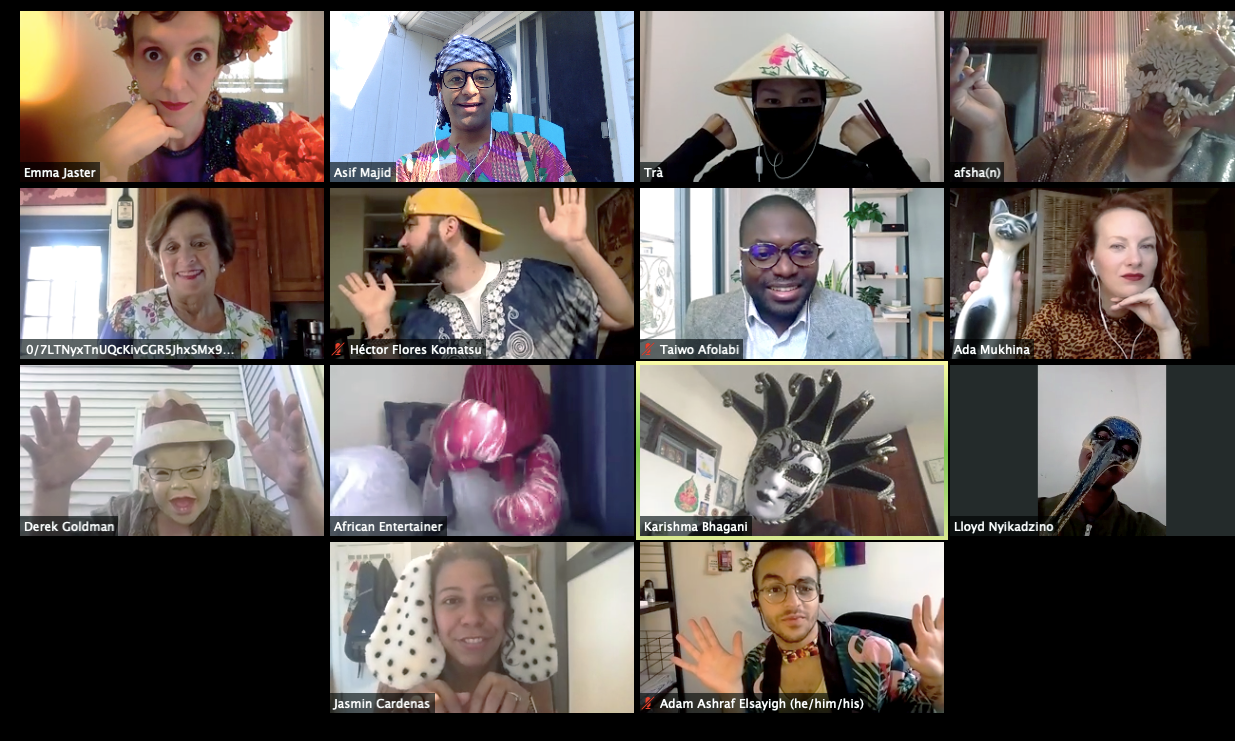
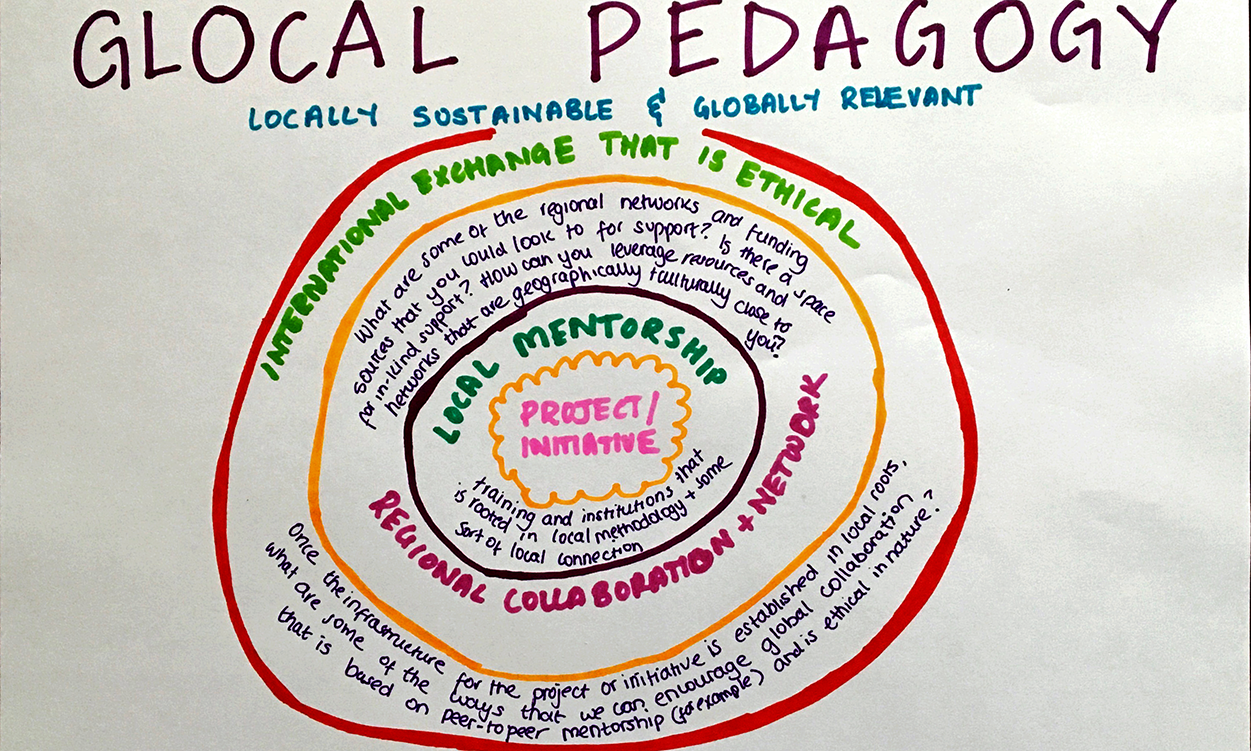
Comments
The article is just the start of the conversation—we want to know what you think about this subject, too! HowlRound is a space for knowledge-sharing, and we welcome spirited, thoughtful, and on-topic dialogue. Find our full comments policy here
What an absolutely amazing process your cohort has developed! I was apart of a devised theatre project through my university this year, and we had a decentralized process, too that aligns a lot with your practices! Having collective leadership really makes such a difference in terms of the quality of the virtual meetings. Great work! I definitely want to check out your theatre game videos, I've been discovering ones that work on Zoom, too!
Beautiful conversation and especially appreciated the ways you made Zoom work for everyone with shared leadership. And the Kitchen Zoom Room is brilliant! Thanks for sharing this with us as we all continue to move beyond Zoom's limitations in pursuit of community and art-making.